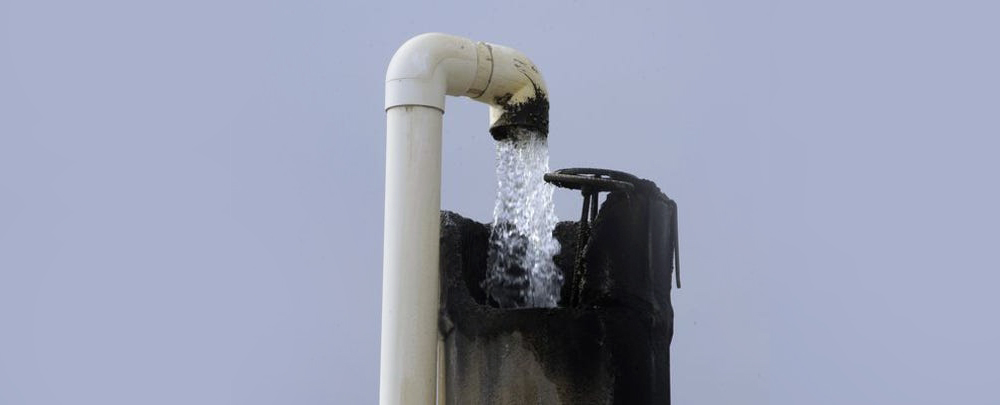By Eric Bream
California has a vibrant and expansive agricultural industry. We grow and raise over 400 agricultural products and lead the nation in the production of many of them.
Agriculture is part of what makes our state’s economy strong and helps provide for all our families, which is why it is crucial that we do absolutely everything we can to protect our state’s farms and allow them to operate without the fear of major obstacles.
California agriculture nearly faced such an obstacle with Senate Bill 1, which would have placed harsh regulations on water pumping from the Sacramento-San Joaquin River Delta.
While these measures were supposed to protect water supplies for native species, they did so at the expense of millions of acres of California farmland.
The measures contained in the bill would have hampered The Central Valley Project which distributes water from the delta to farms across the southern parts of the state. Without that water, farms would be unable to sustain themselves.
Thankfully, Governor Gavin Newsom stopped the bill, vetoing it as soon as the state legislature placed it on his desk.
In addition to adversely affecting farming operations, the legislation would have affected people. More than 25 million people in Southern California rely on water supplied by the Central Valley Project and losing a significant amount of that water would put their communities in grave danger.
State Senator Jim Nielsen voiced these concerns when he told fellow legislators during a debate over the bill that it would turn the area he represents “into a dust bowl.”
Beyond S.B. 1’s human failings, it is also bad policy. The entire bill hinges on federal environmental protections designed years ago, meaning that any new findings that better preserve water, meet farms’ and communities’ needs, and protect local species would be ignored until the provisions of the bill expire. California is home to amazing natural resources envied around the globe and it does us all a disservice to discourage such innovation.
S.B. 1 would have also created sizeable and confusing regulatory hurdles for those responsible for distributing water and those who need it.
Agreements between water authorities and the districts that rely on water from the Central Valley Project are still underway and S.B. 1 could have derailed those talks entirely.
Without a doubt, the bill would have led to decades of litigation between everyone involved and no one would be able to meet their goals.
Farms would be forced to go without water, conservationists would be unable to enforce desired protections, and the taxpayers of California would lose as lawsuits over the delta would dominate the court dockets well beyond the foreseeable future.
It is important for us to commend Governor Newsom for his actions. Rushed policy like S.B. 1 never does what it’s drafters say it will do, and everyone loses as a result.
In vetoing this bill, Governor Newsom is taking a stand for the future of California’s agricultural industry and millions of people in Southern California who rely on the Central Valley Project for water.
Signing the bill into law would have meant unsustainable farms and fewer agricultural jobs, while disproportionately hurting low-income residents.
Moving forward, any regulations around water distribution across California must consider potential widespread effects that could hurt critical industries like agriculture. Our farms not only provide jobs, but they also provide valuable food and resources for Californians and our nation.
Californians need solutions, not lawsuits filling our courtrooms and siphoning taxpayer money for decades. We have had enough of drawn-out courtroom drama over problems that are better solved in the statehouse.
Governor Newsom was right to recognize the massive legal ramifications of enacting S.B. 1, and the state legislature would be wise to consider the same in future legislation.







